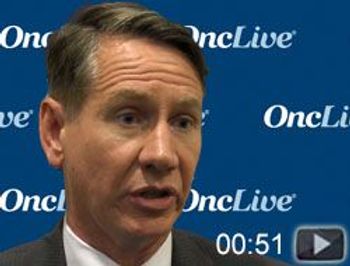
Stephen M. Ansell, MD, PhD, chair of the Lymphoma Group at Mayo Clinic, discusses the possibility of blending immunotherapy agents with chimeric antigen receptor (CAR) T-cell therapy across lymphoma populations.

Stephen M. Ansell, MD, PhD, chair of the Lymphoma Group at Mayo Clinic, discusses the possibility of blending immunotherapy agents with chimeric antigen receptor (CAR) T-cell therapy across lymphoma populations.
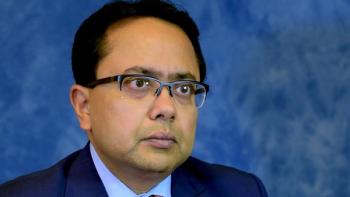
This video reviews the various treatment options for metastatic renal cell carcinoma in the second-line setting, including considerations for different toxicity profiles.
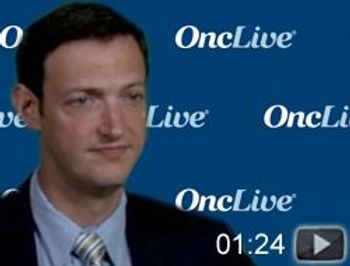
Joshua Bauml, MD, assistant professor, Perelman School of Medicine, University of Pennsylvania, discusses CAR T-cell therapy in head and neck cancer.
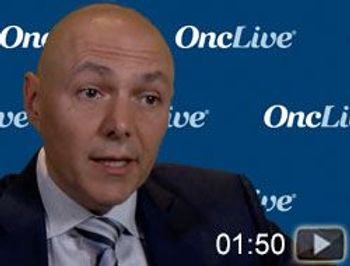
Ezra Cohen, MD, associate director, Moores Cancer Center at the University of California, San Diego, discusses CAR T-cell therapy for patients with head and neck cancer.
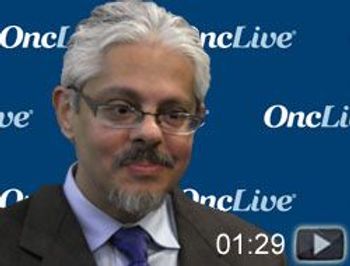
Bijal D. Shah, MD, medical oncology, of Moffit Cancer Center, explains why chimeric antigen receptor (CAR) T-cell therapy has shown the most progress in acute lymphoblastic leukemia (ALL).

This video reviews different strategies for maintenance therapy in mantle cell lymphoma, as well as highlighting upcoming research in this setting.
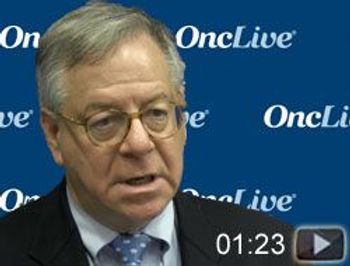
Robert Siegel, MD, chair, professor of medicine, director, Division of Hematology/Oncology, George Washington University, discusses the adverse events (AEs) associated with radiation therapy (RT) for patients with oropharyngeal squamous cell carcinomas.
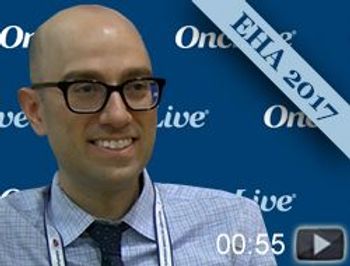
Eric Smith, MD, PhD, medical oncologist, Memorial Sloan Kettering Cancer Center, discusses CD19 (19-28Z) CAR T-cell therapy in B-cell acute lymphoblastic leukemia.

Miguel-Angel Perales, MD, deputy chief, Adult Bone Marrow Transplant Service, director, Adult Bone Marrow Transplantation Fellowship Program, Memorial Sloan Kettering Cancer Center, discusses the remaining questions with CAR T-cell therapy in hematologic malignancies.
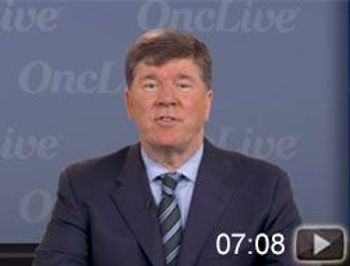
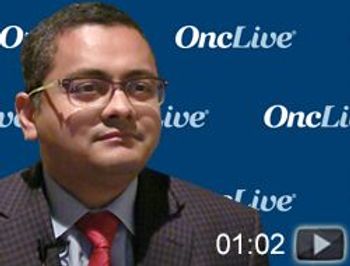
Saad Z. Usmani, MD, Department of Hematologic Oncology and Blood Disorders, Levine Cancer Institute/Carolinas HealthCare System, discusses CAR T-cell therapy in multiple myeloma.
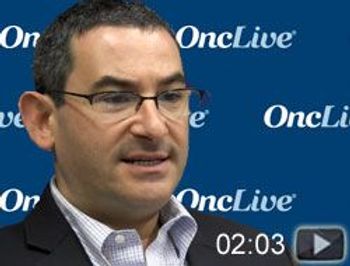
Jeremy S. Abramson, MD, clinical director, Center for Lymphoma, Massachusetts General Hospital, discusses the TRANSCEND study, which is exploring the CD19-directed chimeric antigen receptor (CAR) T-cell therapy JCAR017 in patients with relapsed/refractory aggressive B-cell non-Hodgkin lymphoma (NHL).
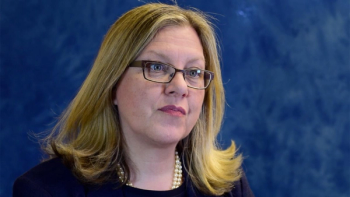
This video reviews results of LUX-Head & Neck 2, a randomized phase III trial that studied afatinib as adjuvant therapy in patients with unresected squamous cell head and neck cancer.
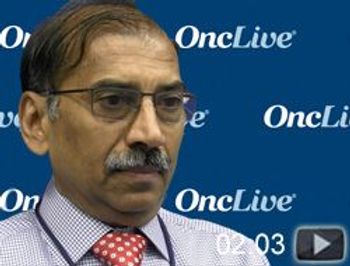
Sundar Jagannath, MD, director of the Multiple Myeloma program and professor of medicine at the Tisch Cancer Institute, Mount Sinai, discusses chimeric antigen receptor (CAR) T-cell therapy for patients with multiple myeloma.

Craig Portell, MD, of the University of Virginia Health System, highlights some of the latest and most exciting treatments in non-Hodgkin's lymphoma, including CAR-T therapies and targeted therapies such as venetoclax.
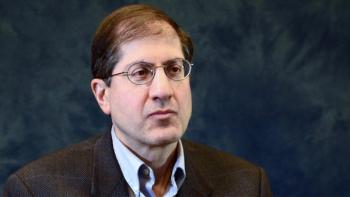
This video reviews options for radiation therapy in the treatment of small-cell lung cancer, including dosing frequency and use of thoracic and cranial irradiation in extensive-stage disease.
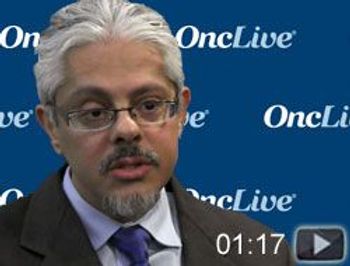
Bijal D. Shah, MD, medical oncology, of Moffit Cancer Center, discusses the status of chimeric antigen receptor (CAR) T-cell therapy in acute lymphoblastic leukemia (ALL).
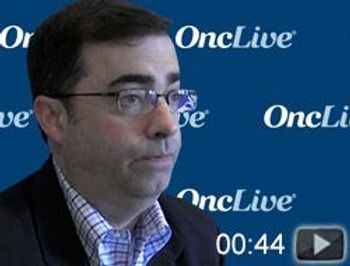
David F. McDermott, MD, director, Biologic Therapy and Cutaneous Oncology Programs, Hematology/Oncology, Beth Israel Deaconess Medical Center, discusses the role of VEGF-targeted therapy in renal cell carcinoma.

This video examines how the use of radiation therapy in patients on immunotherapy can trigger immunogenic cell death, and reviews some of the challenges related to unwanted immune responses from radiotherapy.
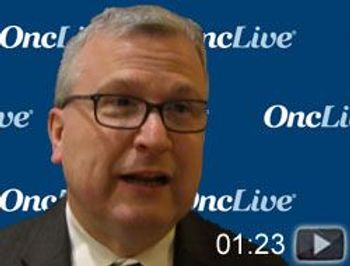
John P. Leonard, MD, associate dean of Clinical Research, interim chair of the Department of Medicine, Weill Cornell Medical College, Weill Cornell Medicine/NewYork-Presbyterian Hospital, discusses the emergence and potential of chimeric antigen receptor (CAR) T-cell therapy across hematologic malignancies.
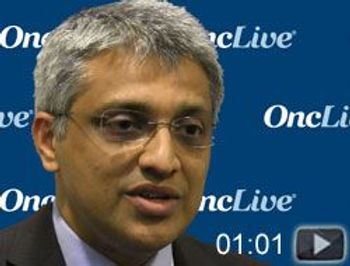
Shaji Kumar, MD, professor of Medicine, Mayo Clinic, discusses the potential of chimeric antigen receptor (CAR) T-cell therapy in the field of multiple myeloma.

Sophie Papa, PhD, MBBS, MRCP, medical oncologist, Clinical Academic Group, Department of Research Oncology, King’s College London, discusses the impact of a recent study of chimeric antigen receptor (CAR) T cells in head and neck squamous cell carcinoma.
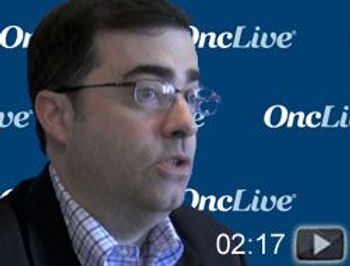
David F. McDermott, MD, director of the Biologic Therapy Program at Beth Israel Deaconess Medical Center, discusses the immune-related toxicities for patients receiving checkpoint inhibitors for treatment of their renal cell carcinoma.

CAR-T cell treatment can have a number of side effects, with the most serious being cytokine release syndrome, according to David L. Porter, MD, of the University of Pennsylvania Health System. However, there are some promising therapies like interleukin-6 blockers that can reverse this reaction.
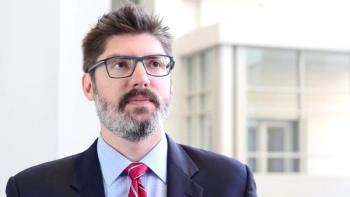
This video reviews results of the ZUMA-1 trial, which tested the CAR T-cell therapy axicabtagene ciloleucel in patients with advanced non-Hodgkin lymphoma.
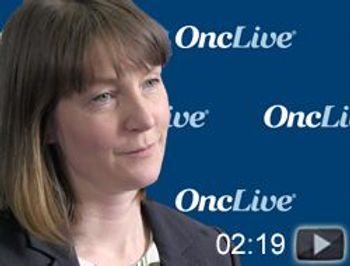
Sophie Papa, PhD, MBBS, MRCP, King’s College London in the United Kingdom, discusses chimeric antigen receptor (CAR) T-cell therapy for patients with head and neck cancer.

This video highlights preclinical activity of a novel FGFR inhibitor that has been tested alone and in combination with antihormonal therapy in breast cancer cell lines.
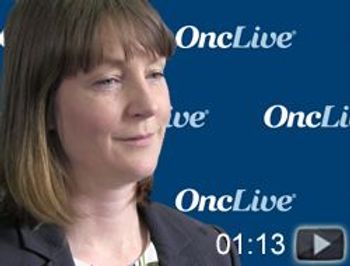
Sophie Papa, PhD, MBBS, MRCP, King’s College London in the United Kingdom, discusses chimeric antigen receptor (CAR) T-cell therapy for patients with head and neck cancer.
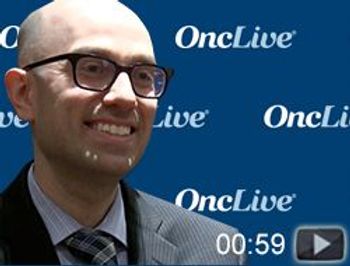
Eric Smith, MD, PhD, medical oncologist, Memorial Sloan Kettering Cancer Center, discusses chimeric androgen receptor (CAR) T-cell therapy in multiple myeloma.
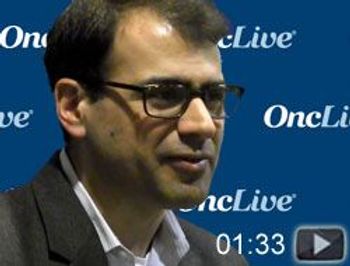
Alfred L. Garfall, MD, MS, assistant professor of Medicine, the Hospital of the University of Pennsylvania, discusses the impact of chimeric antigen receptor (CAR) T-cell therapy in hematologic malignancies.